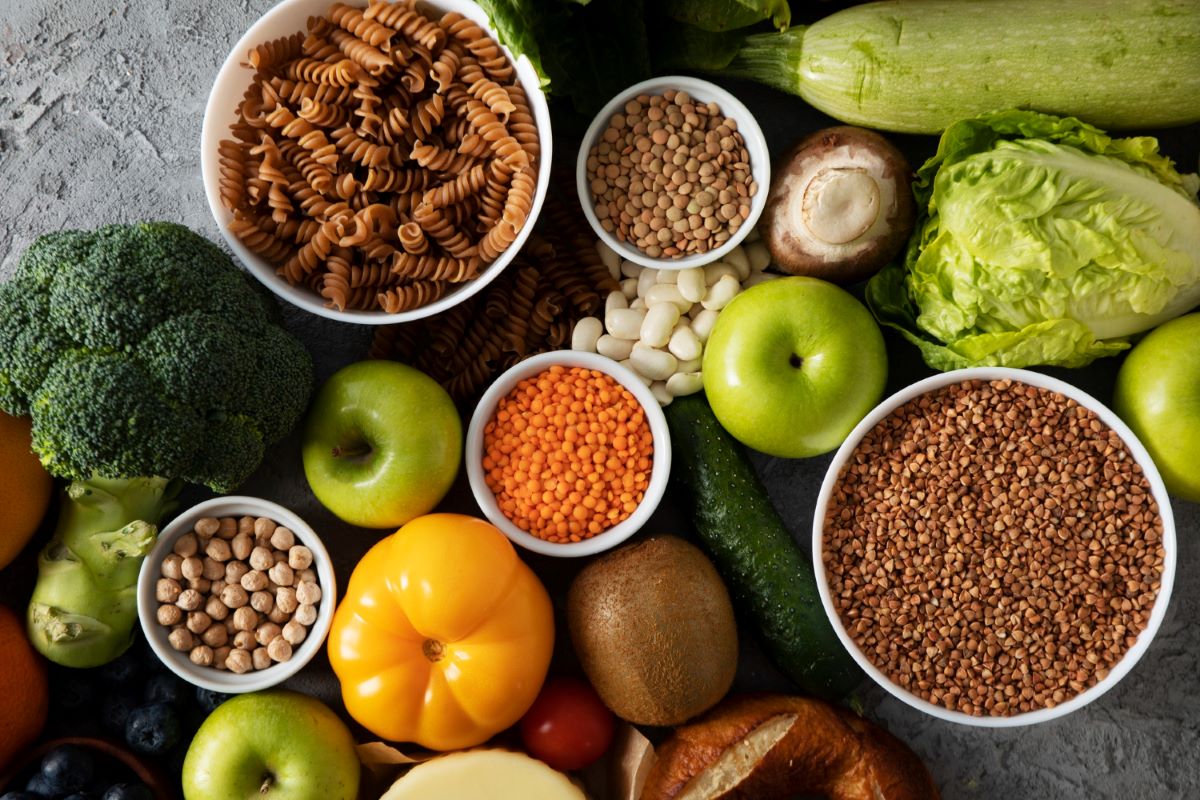
Hemorrhoids, often called piles, can be an uncomfortable and painful condition to deal with. While various treatments are available, supplements and nutritional approaches can significantly manage and prevent hemorrhoids. In this article, we’ll explore natural ways to find relief from hemorrhoids through dietary choices and supplements.
Understanding Hemorrhoids
What Are Hemorrhoids?
Hemorrhoids are swollen veins in the anus or rectum that can be internal or external. They can cause:
- Discomfort
- Pain
- Bleeding during bowel movements
If you’re experiencing persistent or severe hemorrhoid symptoms, seeking medical advice from a doctor is essential. An interventional radiologist in El Paso can provide expert guidance and treatment options tailored to your condition.
Common Causes of Hemorrhoids
Understanding the causes of hemorrhoids can help in prevention. Some factors can contribute to their development, such as:
- Constipation
- Straining during bowel movements
- Sedentary lifestyle
Dietary Changes for Hemorrhoid Relief
Diet plays an important role in the prevention and management of hemorrhoids. Making the right dietary choices can alleviate symptoms and reduce the risk of hemorrhoid flare-ups. Here are some dietary changes you can make for hemorrhoid relief:
1. Increasing Fiber Intake
A high-fiber diet can soften stools and make them easier to pass, reducing the strain on hemorrhoidal veins. Fiber adds bulk to the stool, making bowel movements more regular and less painful. Some excellent sources of dietary fiber include:
- Whole Grains: Opt for whole wheat bread, brown rice, and whole grain pasta.
- Fruits: Include fruits like apples, pears, and berries in your diet.
- Vegetables: Consume plenty of vegetables, such as broccoli, carrots, and spinach.
2. Staying Hydrated
Adequate water intake ensures that stools remain soft, preventing constipation. Dehydration can lead to harder, more difficult-to-pass stools, exacerbating hemorrhoidal symptoms. Drink enough water during the day to maintain your hydration. Drink more water if you exercise frequently or live in a hot area.
3. Limiting Spicy Foods
Spicy foods can irritate the digestive tract, potentially worsening hemorrhoidal symptoms. If you enjoy spicy dishes, consider moderating your consumption. Opt for milder seasonings and avoid excessive use of chili peppers and hot sauces.
4. Incorporating Probiotic Foods
Probiotics are beneficial microorganisms that support digestive health. Including probiotic-rich foods in your diet can promote a healthy gut and regular bowel movements. A balanced gut microbiome can contribute to overall digestive comfort. Some foods rich in probiotics are:
- Yogurt
- Kefir
- Sauerkraut
5. Avoiding Processed Foods
Processed foods often lack fiber and contain high salt and unhealthy fats. These foods can contribute to constipation and worsen hemorrhoid symptoms. Focus on whole, unprocessed foods to maintain digestive health.
6. Eat Prunes
Prunes are famous for their natural laxative properties. They contain sorbitol, a sugar alcohol that can help soften stools and alleviate constipation. Regularly consuming prunes may aid in preventing hemorrhoidal discomfort.
Beneficial Nutritional Supplements for Hemorrhoids
Supplements can provide targeted relief and support for hemorrhoid management. Here are some beneficial supplements to consider:
1. Psyllium Husk
Psyllium husk is a natural source of soluble fiber that can aid in bowel regularity and soften stools. It acts as a gentle, natural laxative, reducing the need for straining during bowel movements. To use psyllium husk, mix it with water or juice and consume it daily. Ensure you follow the recommended dosage instructions.
NOW Supplements, Whole Psyllium Husks, Non-GMO Project Verified, Soluble Fiber, 24-Ounce
2. Bioflavonoids
Bioflavonoids like diosmin and hesperidin can strengthen blood vessels, reducing the risk of hemorrhoidal bleeding. They are often found in citrus fruits and are available in supplement form. These supplements can help improve the elasticity of blood vessels, making them less prone to inflammation.
Citrus Bioflavonoids Supplement | 1500mg | 300 Caplets | Vegetarian, Non-GMO, and Gluten Free Formula | Value Size | by Horbaach
3. Witch Hazel
Witch hazel is a topical remedy that can relieve itching and inflammation associated with hemorrhoids. It has a soothing effect when applied to the affected area. Witch hazel is available in various forms, including wipes and creams. Choose a product that does not include alcohol, as it can dry the skin.
TUCKS Medicated Cooling Pads, 100 Count – Pads with Witch Hazel, Cleanses Sensitive Areas, Protects from Irritation, Hemorrhoid Treatment, Medicated Pads Used By Hospitals
Preparation H Hemorrhoid Flushable Wipes with Witch Hazel for Skin Irritation Relief - 48 Count
4. Horse Chestnut Extract
Horse chestnut extract is another supplement known for its potential benefits in managing hemorrhoids. It contains a chemical called aescin, which has anti-inflammatory properties. Also, this extract can help reduce swelling and discomfort.
NOW Supplements, Horse Chestnut 300 mg with Added Rutin, Circulatory Support*, 90 Veg Capsules
Conclusion
Supplements and nutritional approaches can be valuable for your strategy for managing hemorrhoids. Consult a doctor before starting any new supplements or a diet modification. Remember that a holistic approach, including dietary changes, can provide the best outcomes in managing hemorrhoids.
Image by Freepik
Coffee junkie. Spoonie. Writer about all things chronic illness and mental health. Friend of animals everywhere.
Dr. Wilson graduated from Rosalind Franklin University of Medicine and Science and completed her residency in Internal Medicine at Advocate Good Shepherd Hospital in Barrington, IL. Dr. Wilson specializes in providing culturally competent and trauma-informed care to patients with physical disabilities. In addition to her private practice, she works as a science communicator, teaching health literacy to middle school and high school students in her local school district.
















